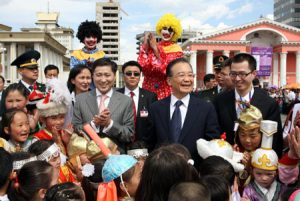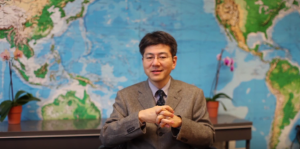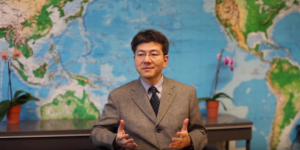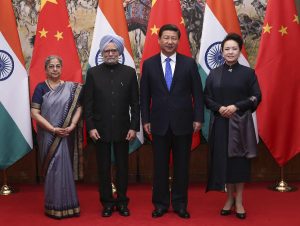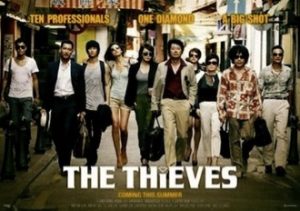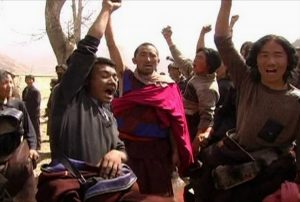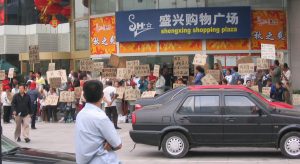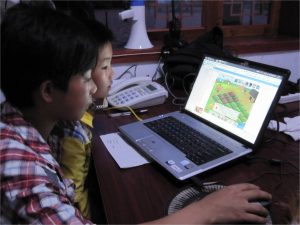Xiaomi: The Rise of an Indigenous Chinese Tech Industry
Memo #257 By Grégoire Legault – gregoire.legault [at] alumni.ubc.ca Xiaomi (小米), a Chinese consumer electronics manufacturer, represents the dawn of a new era in China: the shift from low-tech to high-tech industry. What’s more, Xiaomi’s business model heralds the emergence of Chinese tech firms not just as producers, but as competitive innovators that are poised to explode […]
Visas, Medicine, Education: Feeling Chinese Soft Power in Mongolia
Memo #256 By Jargalsaikhan Mendee – mendee [at] alumni.ubc.ca China has been gradually increasing its soft power in neighbouring Mongolia, from offers of visa-free travel to access to its medical facilities, and most recently, growing educational opportunities in China for Mongolians. These policies have gone far in diminishing deep-seated anti-Chinese sentiment among Mongolians, feelings hardened during the […]
Japan-China Relations: Issues and Prospects (Video Interview with Akio Takahara) – Part 2 of 2
Memo #254 Featuring Akio Takahara In part two of his interview with the Asia Pacific Memo (see part one here), Dr. Akio Takahara , a professor in the Graduate School of Law and Politics at the University of Tokyo and a recognized authority on contemporary Chinese politics and Japan-China relations, talks about bridging the divides in Japan-China […]
Japan-China Relations: Issues and Prospects (Video Interview with Akio Takahara) – Part 1 of 2
Memo #253 Featuring Akio Takahara Recently the Asia Pacific Memo sat down with Dr. Akio Takahara, Professor in the Graduate School of Law and Politics at the University of Tokyo and a recognized authority on contemporary Chinese politics, international relations in East Asia, and Japan-China relations in particular. In this first part of a two-part video memo, […]
Keeping Neighbours Closer: Beijing’s Geopolitical Pitch
Memo #249 By Jargalsaikhan Mendee – mendee [at] alumni.ubc.ca Lately, Chinese leaders have been busy bolstering relations with their immediate neighbours. As evidence, the Prime Ministers of India, Mongolia, and Russia arrived in Beijing for bilateral meetings with China’s President Xin Jinping and Premier Li Keqiang on the same day—October 24, 2013. While Russian Prime Minister Dmitri […]
Hybridity is the New Norm: Korean Cinema in a Global Age
Memo #248 By Dal Yong Jin – yongjin23 [at] gmail.com After a period of recession, the Korean film industry has experienced a revival in recent years with the market success of several hybrid films, successes that have served to boost the overall market share of domestic films in Korea. Prior to this, the domestic Korean […]
Security or Nationalism? Making Sense of Tibetan Resistance against China
Memo #247 By Tsering Topgyal – t.topgyal [at] bham.ac.uk Scholarship on the Sino-Tibetan conflict maintains a primarily binary representation of the Chinese as security-driven and the Tibetans as ethno-nationalistic. In reality, for Tibetans it is the sense of identity security or insecurity (that is, the relative prospects for the survival and reproduction of their identity) that informs […]
China’s Turn Against Law Fuels Rising Social Unrest
Memo #246 By Carl Minzner – cminzner [at] law.fordham.edu Over the past decade, central Chinese leaders have changed course with regard to legal reforms they had pursued in the late twentieth century. This has eroded earlier state progress towards improving citizens’ access to justice, a reality that is fanning the flames of social unrest. Over […]
China’s Environmental Education: A Mandate Unfulfilled
Memo #245 By Rob Efird – efirdr [at] seattleu.edu China’s environmental impacts are front-page news. We have all seen the pictures of smog-choked cities and fouled waterways, and many of us know that China is the single largest source of the carbon emissions that drive global warming. It is encouraging, then, that in 2003 China’s Ministry of Education […]
Enter the “Chinese Dream”
Memo #244 By Grégoire Legault – gregoire.legault [at] alumni.ubc.ca After decades of political and socio-economic turmoil China is finally able to dream again. It is now prosperous and powerful enough to confront a new problem: how it should use its wealth and power towards social, environmental and political development. Enter the “Chinese Dream” (Zhongguo meng 中国梦). […]

